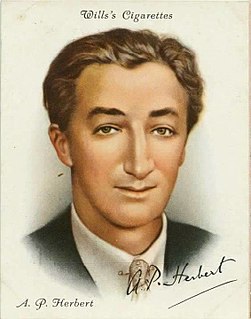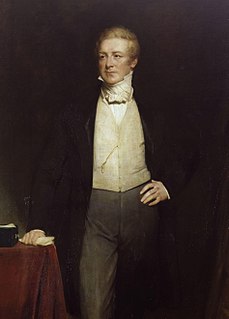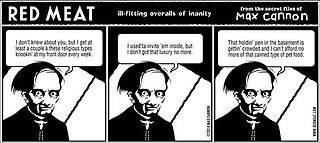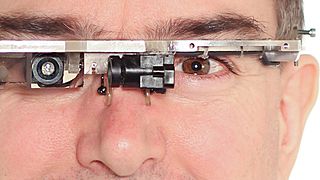Цитата А. П. Герберта
Граждане, взявшие на себя совершение необычных действий, привлекающих внимание полиции, должны позаботиться о том, чтобы отнести эти действия к одной из признанных категорий преступлений и правонарушений, ибо недопустимо, чтобы полиция утруждала себя выдумыванием причины считать их нежелательными.
Связанные цитаты
Вопрос не в том, разрешено ли полиции встречаться с подозреваемыми; это должно быть о том, как мы обучаем их. Вопрос не в том, есть ли у нас полиция; это должно быть так, как мы их используем. Вопрос не в том, должны ли судьи иметь возможность защищать жителей Нью-Йорка от насильственных преступников; это должно быть так, как мы позволяем им.
Мы должны спросить вот о чем: чего мы можем морально ожидать и позволять людям, которых мы привлекаем для выполнения той или иной социальной роли: полицейскому, школьному учителю, врачу? Иногда это может привести к трудным социальным решениям – например, следует ли разрешить полиции нелегальный ввоз наркотиков в рамках спецоперации? В конце концов, я думаю, что «общая, то есть критическая, мораль» должна определять границы роли полиции.
У полиции достаточно работы, чтобы заниматься регулированием автомобильного движения, предотвращением грабежей и насильственных преступлений, а также помогать потерявшимся детям и старушкам находить дорогу домой. Пока полиция ограничивается такой деятельностью, она является уважаемым другом общества. Но как только они начинают вникать в личные нравы людей, они становятся не более чем вооруженными священнослужителями.
Этот недостаток проявляется в действиях энтузиазма, но в тех низших действиях, которые не имеют более высокой цели, чем сделать нас более удобными и более трусливыми, в действиях хитрости, действиях кражи и лжи, действиях, которые отделяют спекулятивную способность от практической. , и положить запрет на разум и чувство, нет ничего другого, кроме недостатка и отрицания.







































